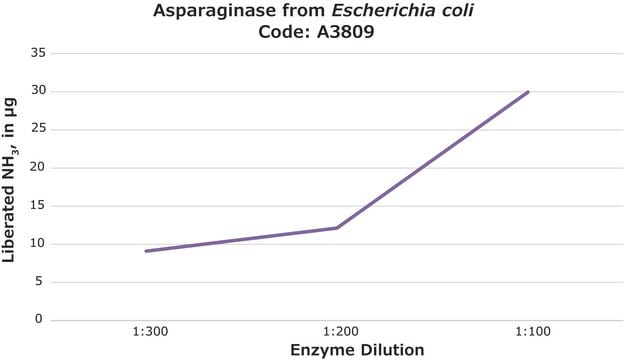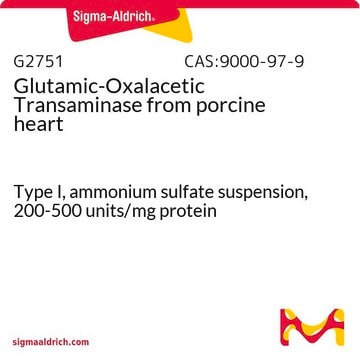A7002
Agar
ash 2.0-4.5%
Synonym(s):
Agar-agar, Gum agar
Sign Into View Organizational & Contract Pricing
All Photos(5)
About This Item
Linear Formula:
(C12H18O9)n
CAS Number:
EC Number:
MDL number:
UNSPSC Code:
50405901
eCl@ss:
42040102
NACRES:
NB.22
Recommended Products
biological source
algae (Rhodophyceae)
Quality Level
form
flakes
powder or crystals
technique(s)
tissue culture: suitable
ash
2.0-4.5%
gel strength
600-1200 g/cm2 (1.5%, 20 oC)
InChI
1S/C14H24O9/c1-5-8(16)13-11(7(21-5)4-20-13)23-14-10(18)12(19-2)9(17)6(3-15)22-14/h5-18H,3-4H2,1-2H3/t5?,6-,7?,8-,9+,10-,11?,12+,13+,14?/m1/s1
InChI key
GYYDPBCUIJTIBM-DYOGSRDZSA-N
Looking for similar products? Visit Product Comparison Guide
General description
Agar is a polysaccharide consisting of β- D-galactopyranosyl and 3,6-anhydro-α-L- galactopyranosyl units. Depending on the source agar exists as various substituted forms such as methyl and sulphate ether. It is a linear galactan polysaccharide isolated from the cell wall of Rhodophyceae class of seaweeds.
Application
Agar has been used:
- as a component of solid N6 complete medium
- in modified Murashige and Skoog (MS) medium for culturing germinating lentil and faba bean seeds and in the regeneration of transgenic cauliflower and broccoli explants
- as a component of agar mixture to simulate a vascular phantom in carotid vessel
Biochem/physiol Actions
Agar exists in left-handed helical conformation and aggregation of hexagonal fibers leads to gel formation. The hydrophobicity of the disaccharides determines its gelling property and solubility. Agar is a major component of the microbial solid medium. It has applications in tissue engineering, pharmaceutics and in cell encapsulation.
Storage Class Code
11 - Combustible Solids
WGK
WGK 1
Personal Protective Equipment
dust mask type N95 (US), Eyeshields, Gloves
Choose from one of the most recent versions:
Already Own This Product?
Find documentation for the products that you have recently purchased in the Document Library.
Customers Also Viewed
Niranjan Khadka et al.
Neuromodulation : journal of the International Neuromodulation Society, 21(4), 334-339 (2017-01-24)
To assess if transcranial direct current stimulation (tDCS) produces a temperature change at the skin surface, if any change is stimulation polarity (anode or cathode) specific, and the contribution of passive heating (joule heat) or blood flow on such change.
Physical and chemical characterization of agar polysaccharides extracted from the Thai and Japanese species of Gracilaria
Praiboon J, et al.
ScienceAsia, 32(1), 11-17 null
Plant growth regulators improve in vitro flowering and rapid generation advancement in lentil and faba bean
Mobini SH, et al.
In Vitro Cellular & Developmental Biology, 51(1), 71-79 (2015)
Recovery of phenotypically normal transgenic plants of Brassica oleracea upon Agrobacterium rhizogenes-mediated co-transformation and selection of transformed hairy roots by GUS assay
Puddephat IJ, et al.
Molecular breeding : new strategies in plant improvement, 7(3), 229-242 (2001)
A Method for Radioactive labelling of Hebeloma cylindrosporum to study plant-fungus interactions
Becquer A, et al.
Bio-protocol, 7(20), 550-554 (2017)
Our team of scientists has experience in all areas of research including Life Science, Material Science, Chemical Synthesis, Chromatography, Analytical and many others.
Contact Technical Service


